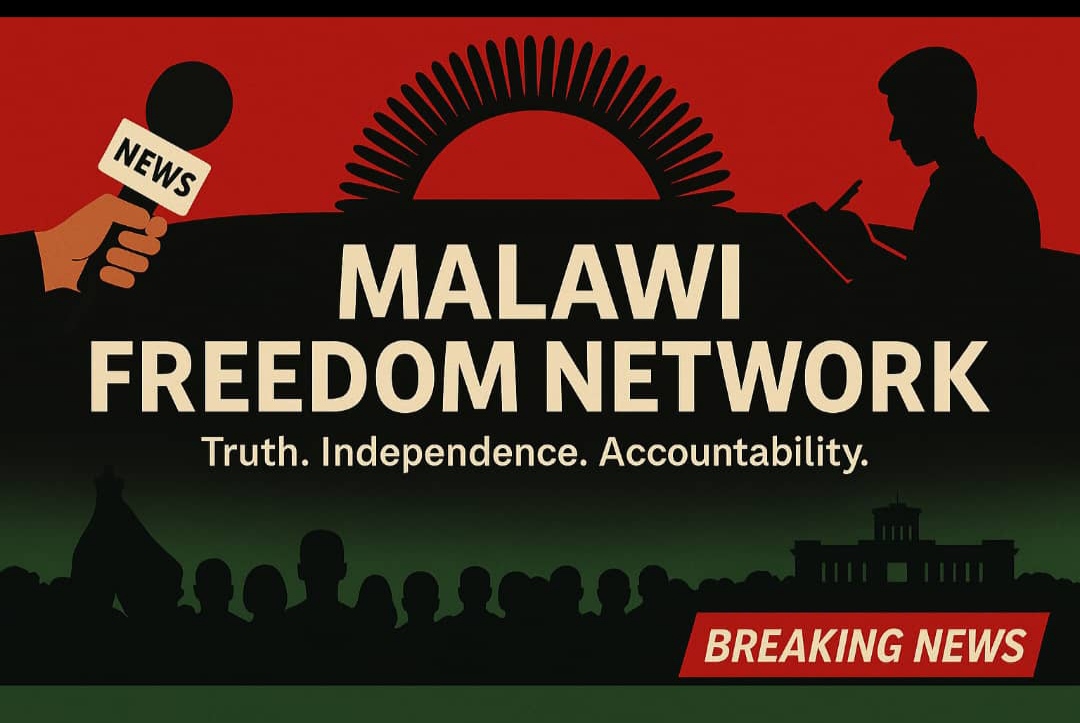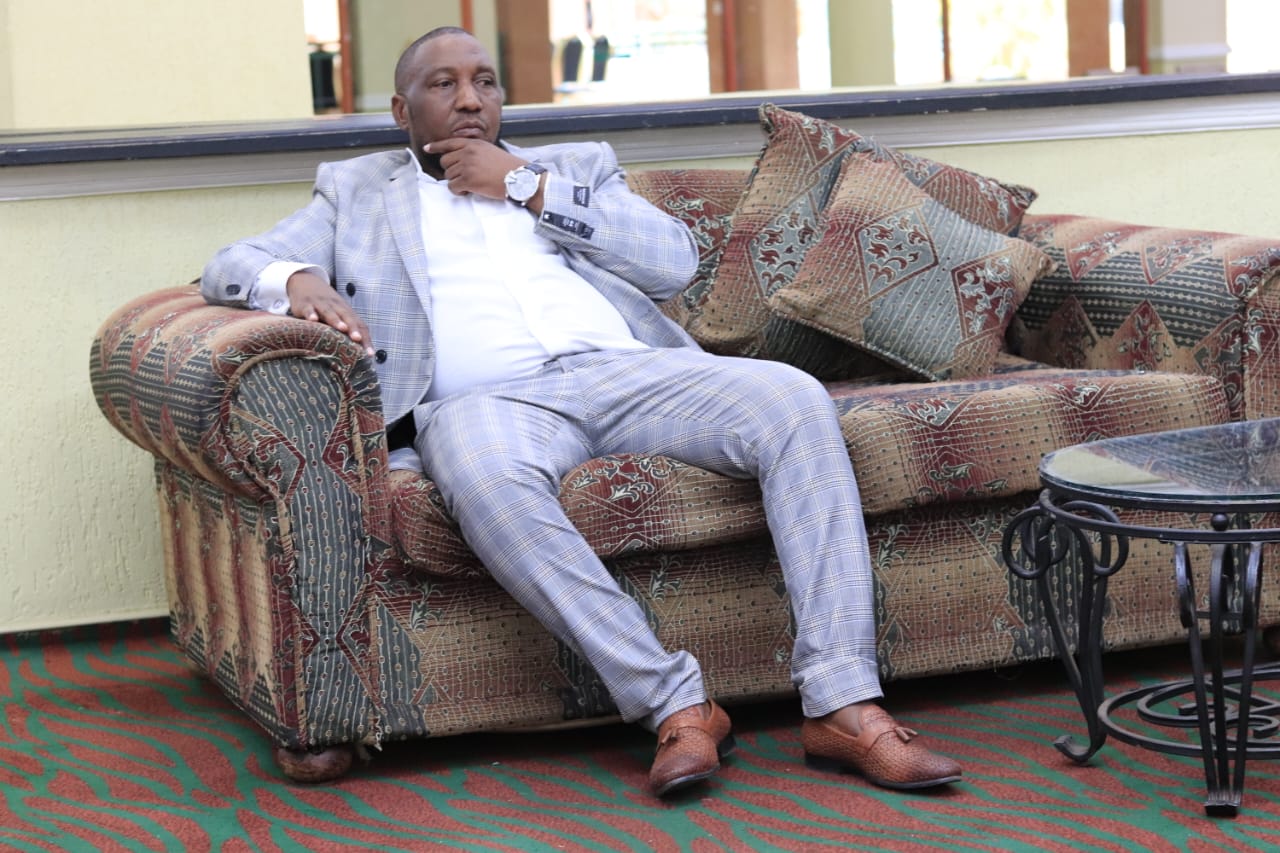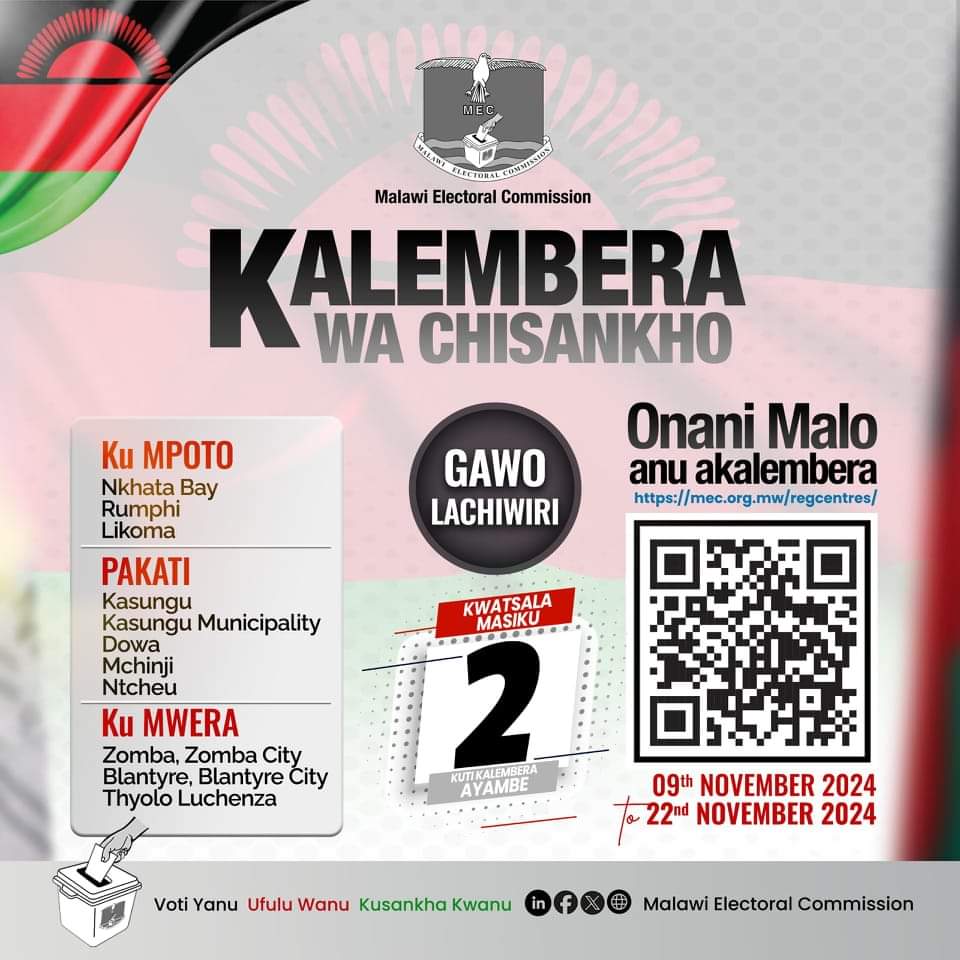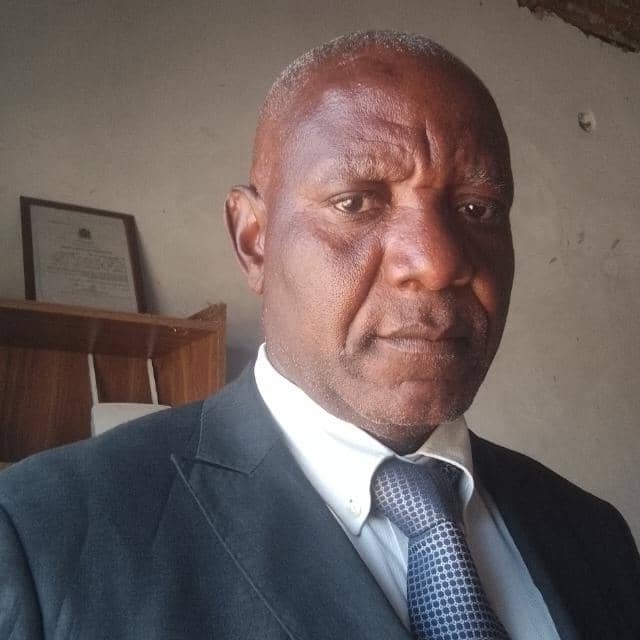By The Editor
The confirmation of nineteen presidential aspirants ahead of Malawi’s September 16, 2025 elections is both a testament to the country’s democratic openness and a potential challenge for effective governance.
On one hand, the large number of candidates signals that Malawi’s political space remains vibrant and accessible. Political parties and independent contenders feel confident enough to enter the race, reflecting a healthy level of political engagement and ambition.
However, the crowded field also raises concerns about vote splitting, especially in a system that requires a 50-percent-plus-one majority for a clear victory. If opposition parties fail to consolidate their support base, the vote could become fragmented, leaving the race wide open and potentially requiring run-offs or leading to coalition negotiations after the elections.
The experience of the 2019 elections is a sharp reminder of what fragmented opposition can lead to. The then incumbent won with only 38.67 percent of the vote, which later led to legal challenges and the historic annulment of the results. This ultimately paved the way for the Tonse Alliance’s resounding victory in 2020—a victory made possible by opposition unity and coordinated vote aggregation.
This time around, the political landscape looks different. The Tonse Alliance, which was once a powerful coalition, has fractured following the death of Vice President Saulos Chilima and UTM’s withdrawal from the alliance. Meanwhile, the Democratic Progressive Party (DPP) is attempting to reclaim momentum with the re-nomination of former President Peter Mutharika.
In such a scenario, alliances and strategic partnerships will play a decisive role. Independent and smaller-party candidates may be less focused on winning outright and more interested in increasing their visibility to negotiate for policy influence or cabinet positions in a post-election government.
For voters, the challenge will be sifting through the noise. With nineteen names on the ballot, policy clarity, credibility, and integrity will become key differentiators. The public is no longer swayed by mere slogans or political theatrics—they are demanding concrete plans for economic recovery, job creation, and improved governance.
The Malawi Electoral Commission (MEC) is currently conducting pre-inspection of nomination papers and preparing for the official campaign period. These regulatory steps are essential for ensuring that only serious, prepared candidates make it to the ballot. At the same time, they highlight the importance of transparent electoral processes in building public trust, particularly in a competitive field.
The bigger question, however, is whether Malawi’s democracy benefits more from this multiplicity of candidates or from fewer, stronger contenders who can offer clear, unified visions. While diversity in political choice is a sign of democratic maturity, too many candidates can dilute the mandate and lead to weak coalition governments that struggle to deliver on promises.
As the countdown to the elections continues, the major parties will need to focus not just on rallying their base but also on building broad-based alliances that can secure both a win and a workable government afterward.
The nineteen presidential hopefuls represent both an opportunity and a challenge: an opportunity for voters to choose from a wide range of ideas, but also a challenge to avoid fragmentation that could undermine stability and progress.
Malawi’s political actors must now rise above personal ambition and prioritize national interest. The future of the country depends on leaders who can unite around policies, not personalities, and who can deliver real solutions rather than rhetoric.




